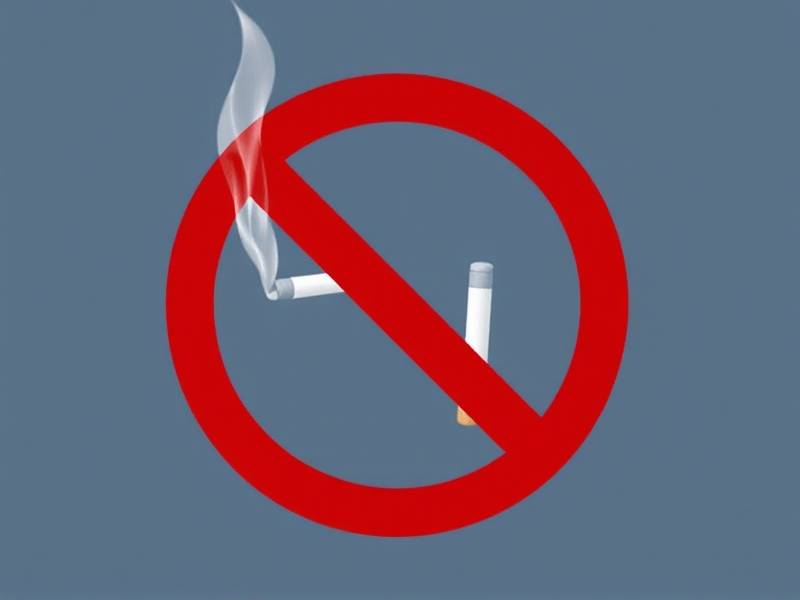How to Quit Smoking for Heavy Smokers: Effective Strategies and Support
How to Quit Smoking for Heavy Smokers: Effective Strategies and Support
Introduction: Quitting smoking is a challenging endeavor, especially for heavy smokers. However, with the right strategies and support, it is possible to overcome this addiction. In this article, we will explore effective methods and resources that can help heavy smokers quit smoking successfully.
I. Understanding the Challenge Heavy smokers often face more significant challenges when trying to quit than those who smoke fewer cigarettes. The physical and psychological dependence on nicotine can be overwhelming. It is crucial to acknowledge these challenges and develop a comprehensive plan to overcome them.

II. Setting Realistic Goals The first step in quitting smoking is setting realistic goals. Instead of aiming for immediate cessation, consider setting smaller milestones along the way. For example, start by reducing the number of cigarettes per day or limit smoking only during certain times of the day.
III. Choosing Effective Quitting Methods There are various methods available to help heavy smokers quit smoking effectively:
A. Nicotine Replacement Therapy (NRT): NRT provides a controlled dose of nicotine without the harmful effects of tobacco smoke. Options include gum, patches, lozenges, inhalers, and nasal sprays.
B. Medications: Prescription medications like bupropion (Zyban) or varenicline (Chantix) can help reduce withdrawal symptoms and cravings.
C. Behavioral Therapy: Cognitive-behavioral therapy (CBT) or other forms of behavioral therapy can assist in identifying triggers and developing coping strategies.
D. Support Groups: Joining a support group provides an opportunity to connect with others who are facing similar challenges and share experiences.
IV. Building a Support System Surrounding yourself with supportive individuals can significantly increase your chances of success:
A. Family and Friends: Inform your loved ones about your quitting journey and ask for their encouragement and understanding.

B. Healthcare Providers: Consult with healthcare professionals who can offer personalized advice, monitor your progress, and provide necessary resources.
C. Online Communities: Join online forums or social media groups dedicated to smoking cessation for additional support and motivation.
V. Dealing with Relapse Relapse is a common occurrence during the quitting process but does not signify failure:
A. Analyze Triggers: Identify triggers that led to relapse and develop strategies to avoid them in the future.
B. Seek Professional Help: If you find it challenging to overcome relapse on your own, consider seeking assistance from healthcare professionals or support groups again.
VI. Celebrating Success Reward yourself for reaching milestones in your quitting journey:
A. Set Milestone Rewards: Create a list of rewards that you will receive when you achieve specific goals.
B. Reflect on Progress: Take time to reflect on how far you have come since starting your quit journey.
Conclusion: Quitting smoking as a heavy smoker requires dedication, determination, and effective strategies supported by professional guidance and social support networks. By understanding the challenges you face, setting realistic goals, choosing appropriate methods, building a strong support system, dealing with relapses constructively, and celebrating your successes along the way, you can increase your chances of successfully overcoming this addiction once and for all.
